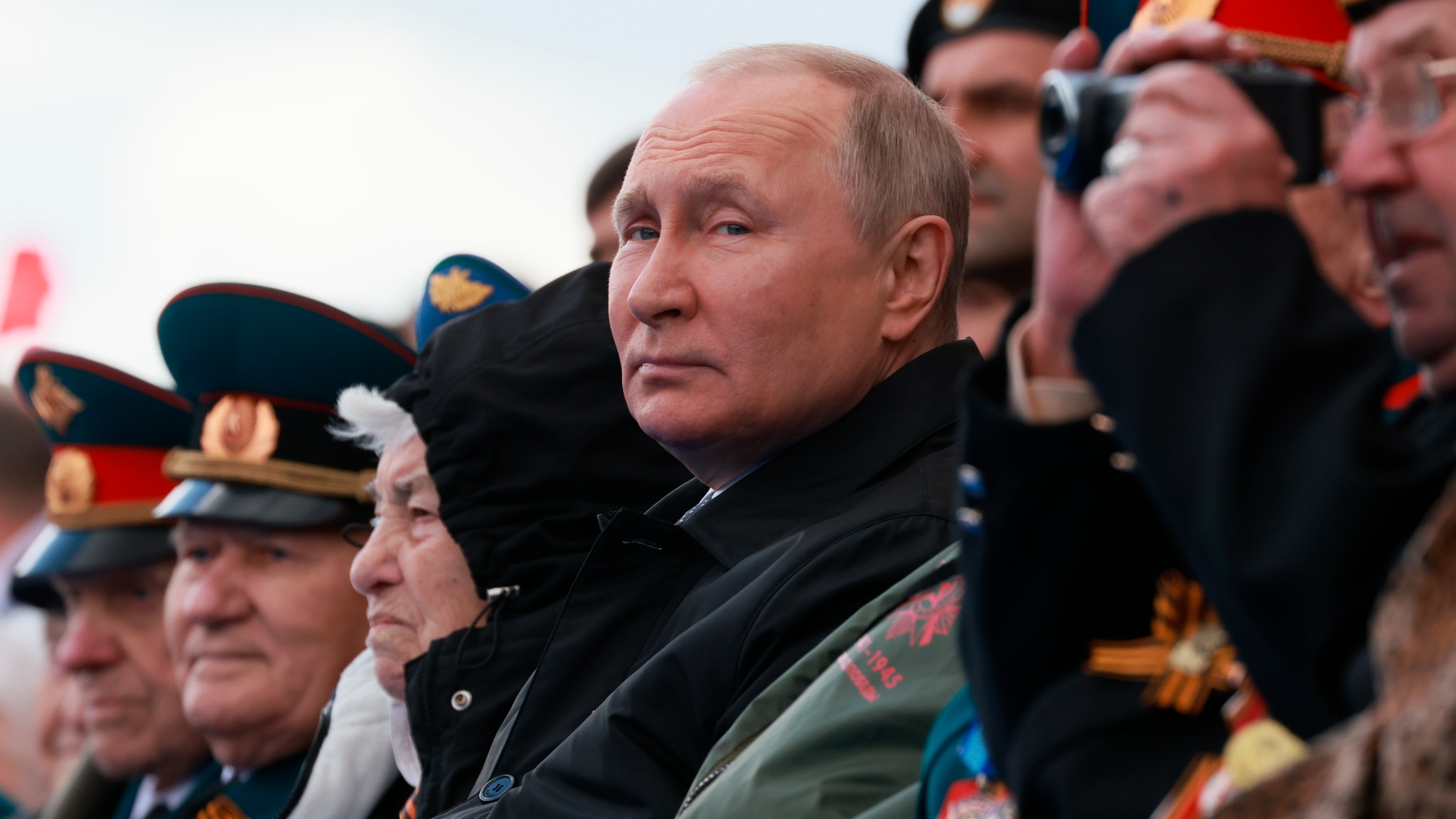Something is changing about the effects of Western sanctions on Moscow.
There is no doubt that the Russian strategy of terror is constant, as evidenced
by yesterday's attack on the port of Odessa
which took place only a few hours after the Istanbul agreement on the unblocking of Ukrainian wheat in the Black Sea and the attacks in other cities. of the country.
Moscow wants to flex its muscles even when she seems magnanimous, it happens when dealing with dictatorships.
But despite the antipathies, on the international level
Vladimir Putin
has launched a vast campaign to strengthen alliances and underground influence: the latest meetings with Iran, Turkey, Arab countries and China, and the old and new underground ties are strengthened and refinanced especially with the leaders and populist movements who are trying to upset the political balance in Europe.
Foreign Minister
Sergei Lavrov
arrived in Africa today for a tour of scheduled visits to the country.
He starts from Cairo in Egypt where the head of Russian diplomacy does not hesitate to define some of the sanctions imposed on Russia as "illegitimate" and to question the wheat pact signed in Istanbul.
Lavrov explains that the full implementation of the agreement on unblocking Ukrainian wheat exports is hindered by the sanctions on insurance companies, those for accessing Russian ships to foreign ports and for foreign ships in Russian ports.
And so, from Cairo in front of President
Al Sisi
, he asked the Secretary General of the United Nations,
Antonio Guterres
, to facilitate the partial lifting of these restrictive measures as much as possible and says: "The Secretary General of the United Nations has volunteered to obtain the suspension of these illegitimate restrictions and we hope that he will succeed".
In recent days, Putin's visit to Iran, where together with everyone's and no one's ally
Recep Tayyip Erdogan and
Khamenei
, it was decided to stop the offensive against the PKK in Northern Syria, which resulted in the agreement on grain of Istanbul in which the sultan appeared excellent mediator.
Then the subsequent telephone conversation between the Russian leader and the Saudi Crown Prince,
Mohammad bin Salman
, as a response not only to the recent trip to the Middle East by the President of the United States,
Joe Biden
, but rather to ensure the safety of oil production and export levels towards China and India, the consolidation of economic exchange and the attempt to bypass the noose of sanctions that Europe and the West are tightening around their necks with various triangulations. of Russia.
Then they seem like coincidences, but thanks to the Kremlin's ability to persuade, it manages to dribble on the bans, minute by minute, making sure that the sanctions are relaxed.
Proof of this is the delivery of the necessary
turbine to the Russian Gazprom
for which Germany had to suspend the sanctions on pain of not being able to obtain the gas needed by Europe.
The reopening of the
Nord Stream taps last Thursday
, after 10 days of maintenance, has undoubtedly reinvigorated Russian accounts, because it makes payments easier for insurance companies and other operators when Russia's Gazprom and Rosneft sell gas and oil to third countries.
At the end
two days ago the agreement on wheat which, in fact, by unblocking Ukrainian wheat to countries in need and preventing hunger from taking over, also unlocks the sale of Russian wheat and fertilizers.
The direct and indirect repercussions of inflation on the global economy remain, which, moreover, are contracting consumption and demand and slowing down the economy of the country that is for now, to look at: China.
A recession that in turn causes a reduction in the demand for crude oil and gas by Beijing and New Delhi and triggers further recession and industrial production surplus.
After all, nothing lasts forever.
Moscow will not be able to dribble forever.

